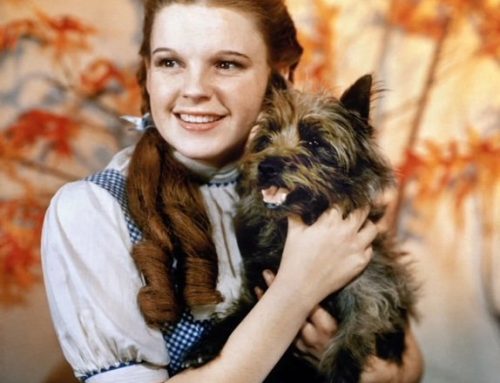No body wants to think that their cat may have cancer, but knowing early cat cancer symptoms and signs is important. With early detection and appropriate treatment, many forms of cancer in cats can be managed effectively, which underscores the importance of understanding the signs and symptoms.
1) Unexplained Weight Loss
One of the first cat cancer symptoms is unexplained weight loss, but this can also be a sign of lack of digestive enzymes in the gut. Try adding Super Pet Enzymes to your cat’s diet and see if the weight regulates. If there is no change or they continue to lose weight, this may be an early cancer sign.
2) Changes in Appetite
While loss of appetite can be a sign of many illnesses, persistent changes in eating habits is concerning. Decreased appetite or an increased appetite that doesn’t lead to weight gain, could be a sign of a serious problem.
3) Lumps and Bumps
Cats, especially older ones, will occasionally get lumps and bumps. Not all are cancerous, but it is important to pay attention to new growths or old ones that have changed size, shape, or texture.
4) Changes in Behavior
Cats are masters at hiding discomfort, making it challenging to recognize when they’re ill. Changes in behavior such as increased aggression, lethargy, constant meowing or changes in their litter box habits can all be signs of underlying health issues, including cancer.
5) Chronic or Recurring Vomiting or Diarrhea
While occasional vomiting or diarrhea can be normal, chronic or recurring instances may be a sign of digestive tract cancer. We recommend treating the diarrhea or vomiting with our Gastro Prime Protocol. If the problems correct after supplementation, it was likely a mild illness. If the protocol does not work at all or only works slightly, this may indicate cancer.
6) Persistent Cough or Difficulty Breathing
Coughing and difficulty breathing may be a sign of allergies to either your cat’s home, their food, or their environment. Often this can be treated with our Blessed Relief. If Blessed Relief does not help and you have tried to eliminate possible allergens and your cat has a persistent cough or difficulty breathing that doesn’t clear up, it could be a sign of lung cancer or cancer that has spread to the lungs.
7) Non-healing Wounds or Sores
It’s normal for your cat to get an occasional wound or sore but if it doesn’t seem to heal, it could be a sign of skin cancer.
8) Bleeding from the Mouth, Nose, or Other Body Openings
Unexplained bleeding can be a sign of cancer and should be addressed immediately.
Remember, these signs are not definitive proof of cancer and can also be symptoms of other health issues.
Detecting cancer in its early stages is crucial in providing your cat with the best chance of recovery. Being observant of your cat’s behavior can go a long way in ensuring they live a long, healthy life.
Our Advanced Immune Restoration Protocol can be given even if you don’t have a cancer diagnosis. Many cats on the protocol have seen a reduction of symptoms and begin thriving again.
If you have any questions about symptoms your cat is experiencing or supplement options, reach out to our pet health experts at (575)758-3985 or questions@vitalityscience.com
Remember, our feline friends depend on us to notice when things aren’t right. Being aware of these signs can make all the difference in early detection and treatment.







My cat has an open lump on her belly, she ripped it open. It bleeds a lot and has grown infected. The vet was nervous to remove it and referred me to a bigger clinic. In the meantime I clean it every day, I started her on panacur, cause the vet said it was mammory cancer.(She didn’t test) Too supplement I give my cat tumeric, silver, life gold, and CBD. Can you help me please.